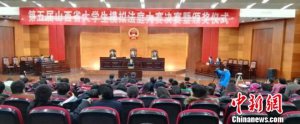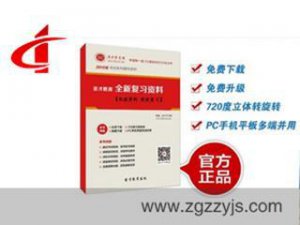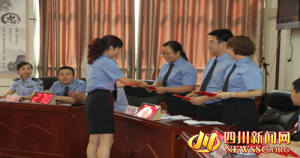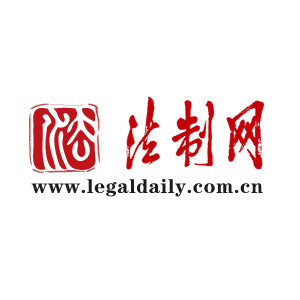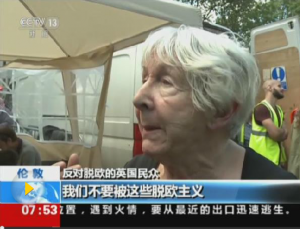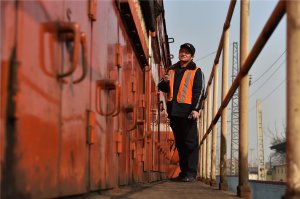|
Chapter Ⅲ Initiation of Panel Procedures OUTLINE Section One Role of Consultations: Art. 4 I The Importance of Consultations II Issues Concerning the “adequacy” of Consultations Section Two Establishment of Panels: Art. 6.2 I Introduction II Indication of Consultations Process III Identification of “the specific measures at issue” IV Provision of “a brief summary of the legal basis of the complaint” V Concluding Remarks Section Three Terms of Reference of Panels: Art. 7 I Introduction II Effect of Consultations on Terms of Reference of Panels III The “matter referred to the DSB” Section Four The Mandate of Compliance Panels: Art. 21.5 I Introduction II Clarification of “measures taken to comply” III Perspective of Review under Art.21.5 IV Examination of the New Measure in Its Totality and in Its Application Section Five Third Party Rights : Art. 10 I Introduction II Generic Third Party Rights: Interpretation of Art. 10.3 III Extended Third Party Rights: Exercise of Panels’ Discretion IV Summary and Conclusions Section One Role of Consultations: Art. 4 The procedures for consultations under the WTO, significantly different from the procedures for good offices, conciliation or mediation as prescribed in Art. 5 of the DSU which remains voluntary options if the parties to the dispute so agree, remains a mandatory first step in the dispute settlement process as embodied with text of Art. 4 of the DSU. However, as to be shown below, there is something to be clarified so as to understand appropriately the role of consultations under the WTO dispute settlement mechanism. I The Importance of Consultations The practice of GATT contracting parties in regularly holding consultations is testimony to the important role of consultations in dispute settlement. Art. 4.1 of the DSU recognizes this practice and further provides that: “Members affirm their resolve to strengthen and improve the effectiveness of the consultation procedures employed by Members.” A number of reports made by panels or by the Appellate Body under the WTO have recognized the value of consultations within the dispute settlement process. As noted by a panel, Members’ duty to consult concerns a matter with utmost seriousness: “Compliance with the fundamental obligation of WTO Members to enter into consultations where a request is made under the DSU is vital to the operation of the dispute settlement system. Article 4.2 of the DSU provides that ‘[e]ach Member undertakes to accord sympathetic consideration to and afford adequate opportunity for consultation regarding any representations made by another Member concerning measures affecting the operation of any covered agreement taken within the territory of the former’. Moreover, pursuant to Article 4.6 of the DSU, consultations are ‘without prejudice to the rights of any Member in any further proceedings’. In our view, these provisions make clear that Members' duty to consult is absolute, and is not susceptible to the prior imposition of any terms and conditions by a Member.” 1 Another panel addresses the essence of consultations, and they rule there that: “Indeed, in our view, the very essence of consultations is to enable the parties gather correct and relevant information, for purposes of assisting them in arriving at a mutually agreed solution, or failing which, to assist them in presenting accurate information to the panel.”2 The Appellate Body confirms panels’ rulings in this respect. For example, the Appellate Body stresses those benefits afforded by consultations to the dispute settlement system in Mexico-HFCS(DS132)(21.5)as: “[…] Through consultations, parties exchange information, assess the strengths and weaknesses of their respective cases, narrow the scope of the differences between them and, in many cases, reach a mutually agreed solution in accordance with the explicit preference expressed in Article 3.7 of the DSU. Moreover, even where no such agreed solution is reached, consultations provide the parties an opportunity to define and delimit the scope of the dispute between them. Clearly, consultations afford many benefits to complaining and responding parties, as well as to third parties and to the dispute settlement system as a whole.”3 II Issues Concerning the “adequacy” of Consultations As noted above, the procedures for consultations remain a mandatory first step in the dispute settlement process under the WTO. However, does it mean that there is a requirement for the adequacy of consultations before initiating a panel proceeding? With regard to this issue, on the one hand, the Panel on Alcoholic Beverages (DS75/DS84) finds that, “the WTO jurisprudence so far has not recognized any concept of ‘adequacy’ of consultations”, the Panel Report reads in pertinent part:4 “In our view, the WTO jurisprudence so far has not recognized any concept of ‘adequacy’ of consultations. The only requirement under the DSU is that consultations were in fact held, or were at least requested, and that a period of sixty days has elapsed from the time consultations were requested to the time a request for a panel was made. What takes place in those consultations is not the concern of a panel. The point was put clearly by the Panel in Bananas III, where it was stated: ‘Consultations are […] a matter reserved for the parties. The DSB is not involved; no panel is involved; and the consultations are held in the absence of the Secretariat. While a mutually agreed solution is to be preferred, in some cases it is not possible for parties to agree upon one. In those cases, it is our view that the function of a panel is only to ascertain that the consultations, if required, were in fact held. […]’ 总共8页 1 |


